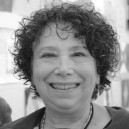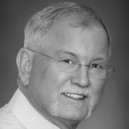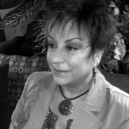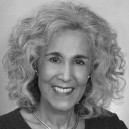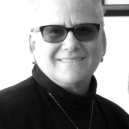Laura Reagan LCSW-C
Social Worker
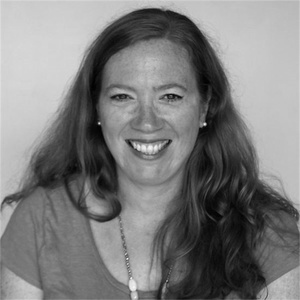 Laura Reagan, LCSW-C (Licensed Certified Social Worker – Clinical), is in private practice in Severna Park, Maryland. She holds a master’s degree in Social Work from the University of Maryland (School of Social Work) as well as a bachelor’s degree in Sociology with a Minor in Human Services, from Old Dominion University.
Laura Reagan, LCSW-C (Licensed Certified Social Worker – Clinical), is in private practice in Severna Park, Maryland. She holds a master’s degree in Social Work from the University of Maryland (School of Social Work) as well as a bachelor’s degree in Sociology with a Minor in Human Services, from Old Dominion University.
When did you decide to enter the field of social work?
I knew when I was in high school that I wanted to be 'a doctor who talks to people and helps them with their problems while they sit on a couch,' but it was not until I talked to a friend's mother who was a counselor that I made the decision to become a Social Worker. I went to her for advice after dropping out of college halfway through since I was unsure of what I wanted to be when I grew up. My high school guidance counselor had told me that the career I described was a psychiatrist, and I would have to complete 8 years of medical school after high school to achieve this. That did not sound good to me so I decided to find a different career focus; I just wasn't sure what that would be. My friend's mom, a counselor in private practice, explained the pros and cons of the various paths toward becoming a therapist; all of which required completing my bachelor's degree (preferably in a field related to human services) and continuing on to a graduate degree program, either in counseling, social work, or psychology. At the time, I wasn't sure whether my family would remain in Virginia or relocate to another state, and she pointed out that Social Work degrees are highly portable, since the BSW and MSW degrees are recognized throughout the U.S. as well as in other countries. She also informed me that a counseling degree usually leads to a career in counseling or therapy (which was my desired field), but that a social work degree can encompass these careers and many others. I have since witnessed the versatility of a degree in social work.
As a social worker in private practice, what would you say is the most interesting part of your career?
The most interesting part of my practice is meeting new people who demonstrate strength and resilience in the face of adversity. My clients inspire me every day!
What is the most difficult part of your job?
The most difficult part of my work is hearing all of the terrible things that people can do to one another. It is crucial for potential Social Workers to practice self-care, meaning that we have to take action to help ourselves heal from the harmful effects of hearing stories of violence, pain, and suffering. Avoiding self-care is a direct path to burnout, and we have to protect ourselves from this by deliberately working to mitigate the effects of secondary traumatic stress and vicarious trauma. Burned out helping professionals will do more harm than good to themselves and their clients.
What are the advantages of getting a degree in social work rather than counseling?
With a master’s in Social Work, one of the things you can do is counseling. You can also do policy research, program management, leadership, and organizational management. An MSW is versatile; you have choices. Social workers have a unique skillset; they are social justice advocates for the vulnerable. The degree is versatile, and it’s recognized as such because it is so well established in history with respect to social justice and ethical guidelines.
If you were speaking to a room full of students thinking about becoming social workers, what advice would you give them?
My advice to anyone who is considering a career as a Social Worker is to do your research about this field before beginning the process. Social Work is one of the most challenging, yet rewarding careers that anyone can choose. It is a privilege to help people at the most vulnerable times of their lives; one that cannot be taken lightly. It is very important to select a BSW or MSW program which is accredited by the Council on Social Work Education (CSWE) to ensure that your degree will be accepted for licensure in your state. Most states require Social Workers to be graduates from accredited programs in order to qualify for licensure.
Another piece of advice to future Social Workers is to understand your own motivations for doing this work and make sure you have worked through your own issues in therapy before attempting to help others. This is an excellent way to ensure that you will provide outstanding, ethical services to your clients with awareness and insight into the influence of your own beliefs on your behavior as a Social Worker. Being a Social Worker allows you to live my favorite quote by Mahatma Ghandi, 'You must be the change you wish to see in the world.'











